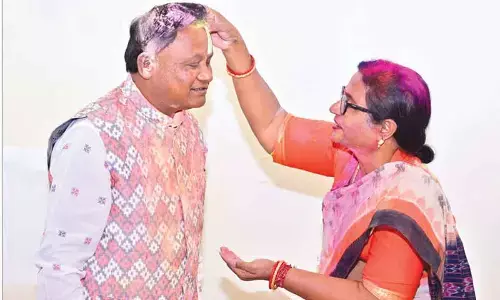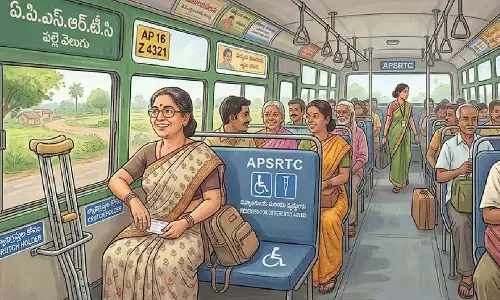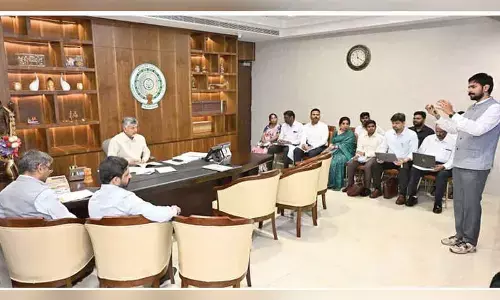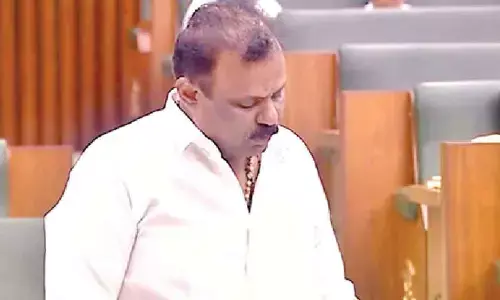Digital Learning for students to develop special skills: Jayesh Ranjan
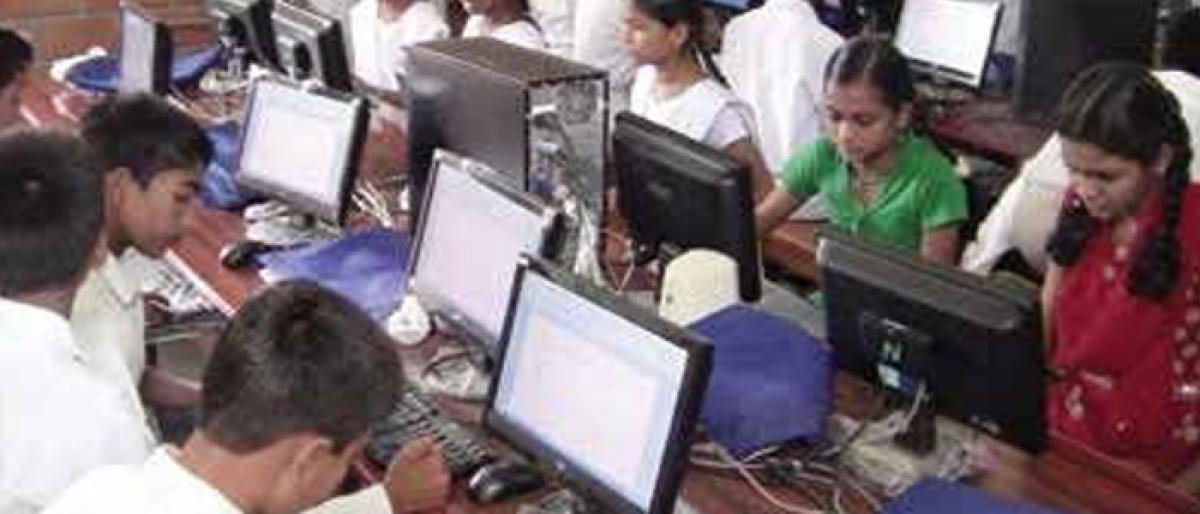
5th October 2018 Digital Learning can help this generation of students immensely to develop special skills and getting employed, according to Mr Jayesh Ranjan IAS, Information Technology IT Secretary, Government of Telangana
HYDERABAD: 5th October 2018: Digital Learning can help this generation of students immensely to develop special skills and getting employed, according to Mr. Jayesh Ranjan IAS, Information Technology (IT) Secretary, Government of Telangana.
“Many students are applying for jobs for which they are over qualified. Investigating on the reason why this trend is followed, we found that many students are not acquiring employable skills to get jobs as per their educational qualifications,” he said while participating in a panel discussion ‘Digital Learning’ during an Extramural Lecture (EML) event at IIT Hyderabad on 3rd October 2018.
The Extramural Lectures is a student-managed club named started in 2015. They invite experts and distinguished personalities to speak about a topic in the form of lectures or discussions. EML has invited speakers like Dr. SP Balasubrahmanyam, Ms. Amala Akkineni, Ms. Ira Trivedi (Novelist and Yoga Trainer) and Dr. Shashi Tharoor, MP, in the past.
Jayesh Ranjan, a senior IAS official, emphasized on the role of teachers and pointed out that their motivation to teach impacts quality of education which can be seen in Scandinavian countries. Discussing about government involvement, he said, “The measures taken by the Delhi State Government such as giving social recognition for the teachers and making them integral part of teaching learning system; investing on education has resulted in government schools outperforming private school in CBSE 12th exams last year.”
From a policymaking standpoint, Jayesh Ranjan said, “Government initiatives like Sarva Siksha Abhiyan (SSA) to create few resource teachers among teaching community, who can help their peers to make classrooms more interactive and giving extra attention to weaker students can be made more effective.” Other who participated in the panel discussion include Tulika Verma, City Director, Teach For India Hyderabad, Venkata Rao Mallineni, Head, Education and Learning, TCS iON, Dr. GVV Sharma, Electrical Engineering Department, IIT Hyderabad, and Delwyn Jude Remedios, Design Department, IIT Hyderabad. They discussed the importance of Digital Learning, challenges and other key aspects of sustainability.
Prof Delwyn Jude Remedios highlighted the creation process for digital learning. He explained how to bridge the gap between learning and entertainment thereby making the content more appealing and retain longer in memory for students. He spoke about how digital platforms can enable educators to customize the way a student is assessed.
Addressing the challenges in current digital education framework, Dr GVV Sharma said, “Equipping students with basic knowledge on computers at an early stage of their education will have significant results later on.
Students also should treat Digital Learning as one of choices available for them and make effective use of it”. As a faculty member associated with Teaching Learning Centre (TLC) IIT Hyderabad, he stressed upon the importance of content development and delivery, change in teaching methodologies and transactional learning.
Venkata Rao Mallineni, head of Education and Learning in TCS Small and Medium Business, said “People, Process, Technology, Content and Infrastructure are five key elements of Digital Education Framework”, added Mr Rao. One of the important points mentioned by Tulika Verma was about how students can attain mastery using digital learning which is less likely to happen through conventional education.


